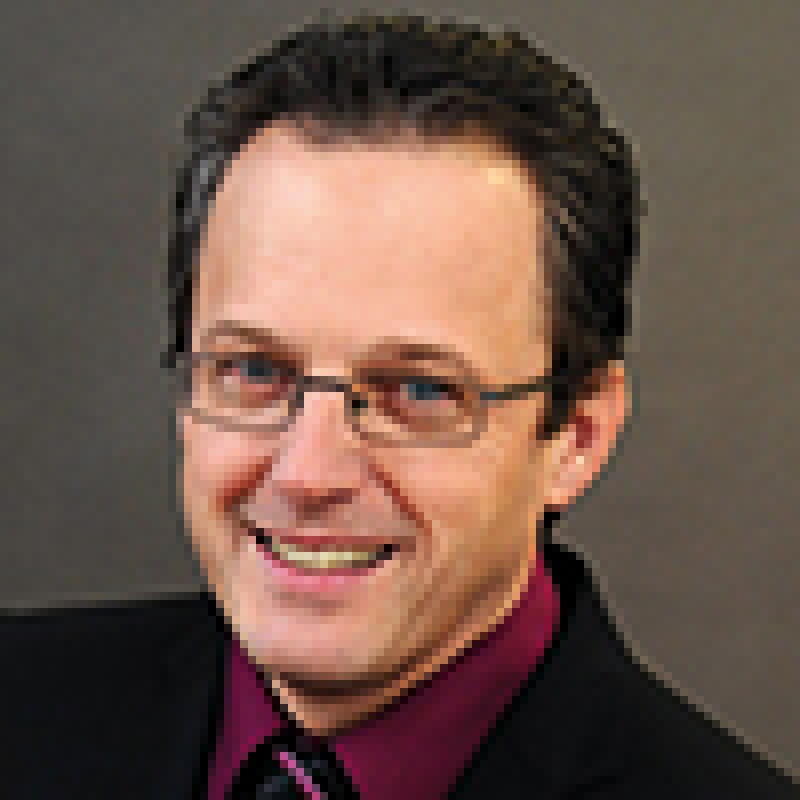In accordance with Article 69 EPC and the corresponding Article XI.28 of the Belgian Code of Economic Law, the scope of a granted patent is determined by the claims, and the description and drawings are to be used to interpret the claims. Similar to the Protocol on the Interpretation of Article 69 EPC, the Belgian Article XI.28 specifies that, for the purpose of determining the extent of protection conferred by a patent, due account shall be taken of any element which is equivalent to an element specified in the claims. This is the so-called doctrine of equivalence. This doctrine can be used by the patentee to claim a broader scope of protection in infringement proceedings.
Often, when defending the novelty and inventive step of the invention during prosecution of a patent application up to grant, the applicant, however, tends to base arguments in support of novelty and inventive step in relation to a narrower interpretation of the claims, or claim scope, in order to obtain grant of the patent. For the legal certainty of third parties, a so-called prosecution history estoppel, or file wrapper estoppel, is often provided by national case law (but is, for example, not provided in the Belgian Code of Economic Law, nor in the Protocol on the Interpretation of Article 69 EPC). A patentee, who has limited the literal scope of protection conferred by claims of a granted patent by filing claims that are more limited in scope during prosecution of the application, should have no right during subsequent infringement proceedings to obtain protection for subject matter which he is deemed to have abandoned earlier due to the limitation of scope of the claims.
There are two ways in which patent protection in Belgium can be obtained, namely, via validation of a granted European patent or via a national patent application in Belgium. For the former, there is substantive examination of the application, and as a result, the scope of the claims may need to be limited during prosecution of the European application in order to obtain a granted European patent. For Belgian patent applications, although they are granted automatically, a reply with amended claims can optionally be filed in response to the search report (and accompanying written (or search) opinion) for Belgian patent applications filed since 2007.
In the Court of Appeal decision of Liège dated September 19 2013, in the case Saint Gobain v Knauf Insulation, which was confirmed by the Court of Cassation decision on March 12 2015, the principle of file wrapper estoppel was very strictly applied.
During the prosecution of granted European patent EP 0 399 320, the scope of claim 1 was limited to the use of glass fibres which have a diameter smaller than 8 µm instead of having an average diameter smaller than 8 µm. In this decision, the Court of Appeal decided that a product which contains not only glass fibres having a diameter smaller than 8 µm, but, at the same time, also glass fibres having a diameter larger than 8 µm did not literally infringe the claims of the granted patent. Although the larger diameter fibres have no carcinogenic effect as these fibres cannot be taken up by the body, and although these larger diameter fibres were considered to be of no importance in relation to the objective technical problem to be solved, namely to provide small diameter glass fibres which do not exhibit a carcinogenic risk, it was decided that there was no infringement by technical equivalence. Notwithstanding the fact that the feature relating to the diameter of the glass fibres was not used during prosecution of the patent application before grant for defending the patentability of the invention, the Court of Appeal clearly stated that "l'application de la théorie des équivalents ne peut servir à récupérer ce à quoi le breveté a lui-même renoncé lors de la procedure en délivrance du brevet" ("application of the doctrine of equivalence cannot serve to recuperate the subject matter that was abandoned by the patentee himself during the grant procedure").
It is be noted, however, that in other countries, a different decision was given, for example, in the corresponding court decisions in Germany and France. In particular, in Germany, the Bundesgerichtshof decided that the presence of glass fibres with a diameter larger than 8 µm was not sufficient to avoid patent infringement.

|
Jos Van Reet |
GeversHolidaystraat, 5B-1831 Diegem - BrusselsBelgiumTel: +32 2 715 37 11Fax: +32 2 715 37 00www.gevers.eu










